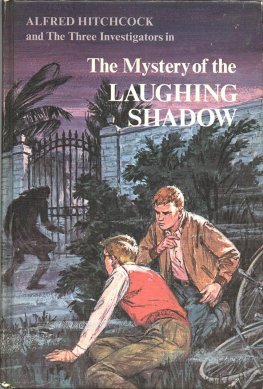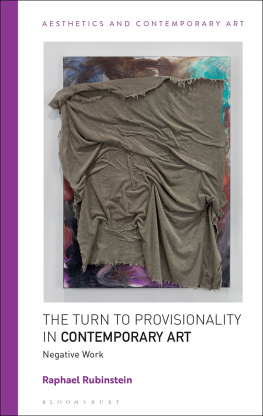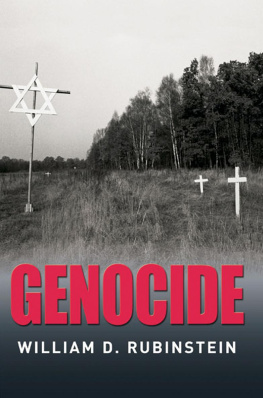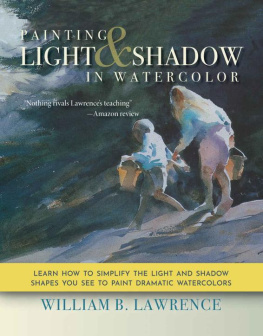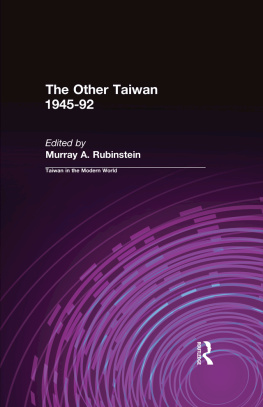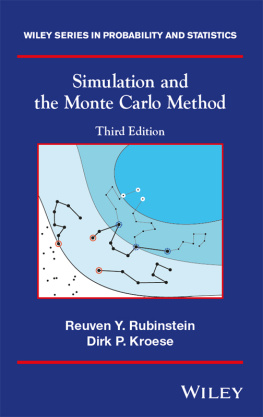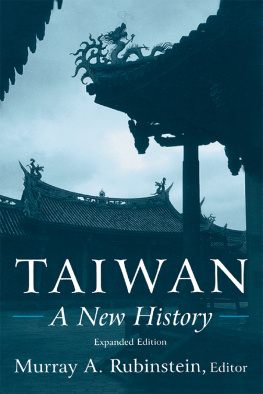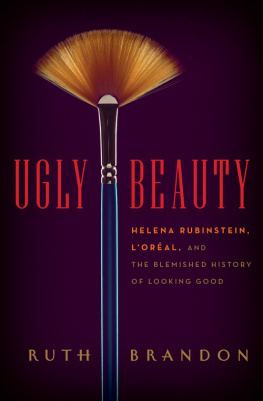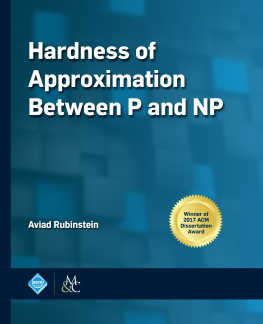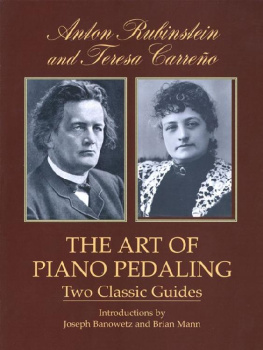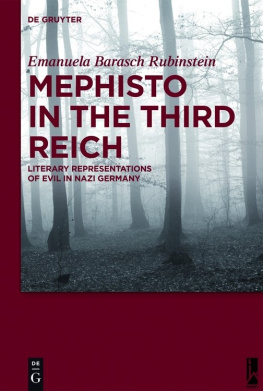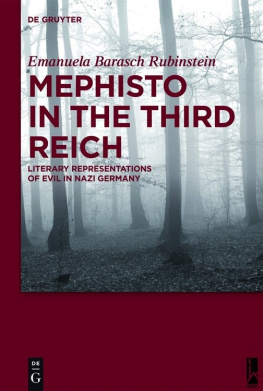
First published 2008 by Pearson Education Limited
Published 2014 by Routledge
2 Park Square, Milton Park, Abingdon, Oxon OX14 4RN
711 Third Avenue, New York, NY 10017, USA
Routledge is an imprint of the Taylor & Francis Group, an informa business
Copyright 2008, Taylor & Francis.
The right of William D. Rubinstein to be identified as author of this work has been asserted by him in accordance with the Copyright, Designs and Patents Act 1988.
All rights reserved. No part of this book may be reprinted or reproduced or utilised in any form or by any electronic, mechanical, or other means, now known or hereafter invented, including photocopying and recording, or in any information storage or retrieval system, without permission in writing from the publishers.
Notices
Knowledge and best practice in this field are constantly changing. As new research and experience broaden our understanding, changes in research methods, professional practices, or medical treatment may become necessary.
Practitioners and researchers must always rely on their own experience and knowledge in evaluating and using any information, methods, compounds, or experiments described herein. In using such information or methods they should be mindful of their own safety and the safety of others, including parties for whom they have a professional responsibility.
To the fullest extent of the law, neither the Publisher nor the authors, contributors, or editors, assume any liability for any injury and/or damage to persons or property as a matter of products liability, negligence or otherwise, or from any use or operation of any methods, products, instructions, or ideas contained in the material herein.
ISBN 13: 978-0-582-50597-1 (pbk)
British Library Cataloguing in Publication Data
A CIP catalogue record for this book can be obtained from the British Library
Typeset in 10/14 pt Galliard
Contents
Little man whips a big man every time, if hes in the right and keeps a-coming.
Motto of the Texas Rangers (nineteenth century)
I would like to thank the two editors at Pearson Longman who have overseen this project: Heather McCallum, who commissioned it, and Christina Wipf-Perry, who has seen it through to completion. I am grateful to Gill Parry for typing the manuscript, and to Tiki Lawson for her helpful comments. The many new friends I have made in researching this book, especially those engaged in the Shakespeare Authorship Question and the study of Jack the Ripper, deserve special comment. A number have been acknowledged individually by name in the relevant chapters. I wish to thank Paul Begg, Dr. Michael Durey, and Christopher Dunn for commenting on the manuscript.
The publisher would like to thank the following for their kind permission to reproduce their images:
Bear & Company Inc:
Every effort has been made to trace the copyright holders and we apologise in advance for any unintentional omissions. We would be pleased to insert the appropriate acknowledgement in any subsequent edition of this publication.
Chapter 1
Introduction: The Amateur Historian and the Study of History
It might be best to begin by stating what this book is not about. It is not a book about unexplained events. Readers will look in vain in this work for any discussion of the Loch Ness Monster, UFOs, Bigfoot, haunted houses, or the like although in one chapter, on the mysteries of ancient Egypt, we will come close to (but not exceed) reaching the limits of the rational. Nor is it a book about conspiracy theories, although it might seem at first glance as if it is. Some of the accounts posited by amateur historians about historys mysteries in this book do indeed entail the propounding of a conspiracy theory most notably, perhaps, the many works about President Kennedys assassination which argue that Lee Harvey Oswald, Kennedys assassin, did not kill Kennedy acting alone but as part of a wider conspiracy, whose other members have never been apprehended. Other topics examined here certainly do not revolve around a purported conspiracy, and it is inappropriate to view them in this light. There is by now a wide-ranging literature, much of it very recent, on conspiracy theories, to which this work is tangential, although not irrelevant.
What, then, is this book about? It is about subjects which have been written about and examined chiefly by amateur historians but which are ignored, or generally ignored, by academic historians. Some other points of importance should also be made at once. The term amateur historian is emphatically not used by me in a derogatory or supercilious sense, despite the fact that I have been employed as a university academic teaching history for nearly 30 years. I have enormous respect for many aspects of the work of amateur historians, and do not regard them with a sneer. An amateur historian is simply someone who researches or writes about history who is not trained or employed as a university academic. Many are professionally well qualified in another field requiring considerable education, intelligence and judgement as lawyers, engineers, teachers, doctors, media producers, journalists and in a range of similar occupations. Probably most of the men and women whom we will encounter here are university graduates of obvious intelligence, and virtually all have written and published about their subject of interest, often very widely, or they would not be noted in this book at all.
To qualify for inclusion in this book, there must be a considerable body of writing by amateur historians about topics or interpretations which are normally ignored or shunned by academics. To be sure, there are partial exceptions to this definition. For instance, the question of Richard III and the Princes in the Tower, a stock-in-trade among amateur historians, whose best-known modern exposition is arguably a detective novel, Josephine Teys The Daughter of Time (1951), is discussed in every scholarly and academic biography of Richard III, in large part because it is not possible to avoid examining what became of Richards predecessor as king. Virtually every account of Richard III and the Princes by an academic, it should be noted, has concluded that it is very likely that he was responsible for killing them, and virtually all reject more fanciful accounts of their fate. In contrast, however, academics as a general rule pointedly avoid entering into any real discussion of most of the other well-rehearsed topics in this book. Strikingly, for example, only one or two of the 25,000 college and university historians in the United States have ever written an account of President Kennedys assassination which examines whether he was killed by Lee Harvey Oswald acting alone or as part of a wider conspiracy, although Kennedys assassination is arguably the most famous, and conceivably most important, event to occur in the United States since the Second World War. So far as I am aware, no university academic in Britain (or elsewhere) has ever attempted to solve the mystery of the identity of Jack the Ripper, and virtually all academic historians of late Victorian England would regard such an endeavour as outside their remit. In the case of the Shakespeare Authorship Question, the bias among academics is even more blatant: among English literature academics, any discussion of the identity of William Shakespeare is regarded as taboo and a priori impermissible. In such an atmosphere, it is only non-academic historians who have made the running, a vicious circle which has led to mutual hostility and alienation.



